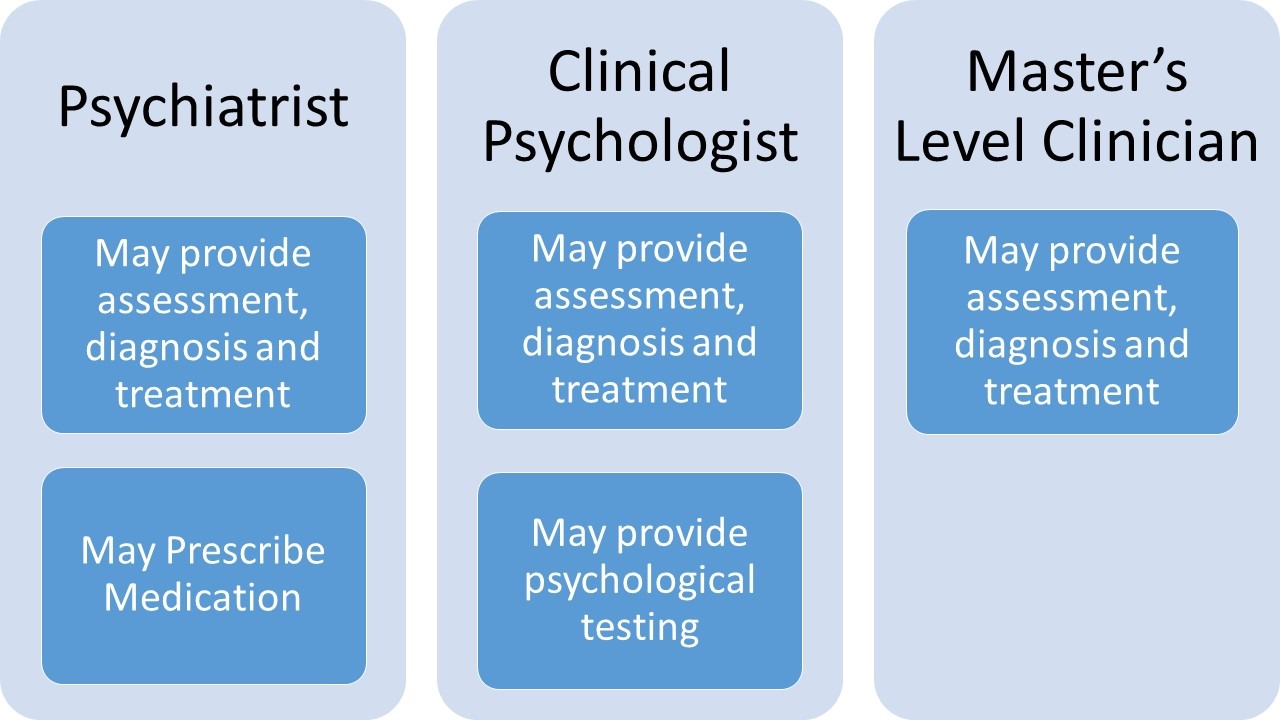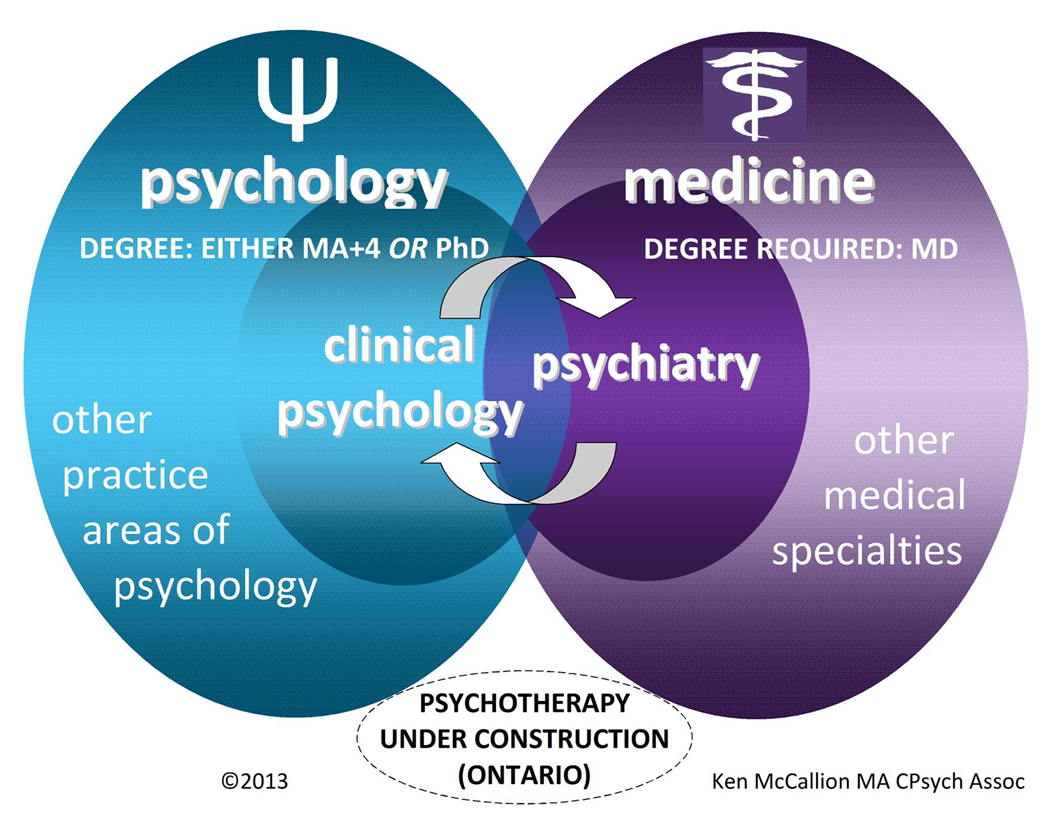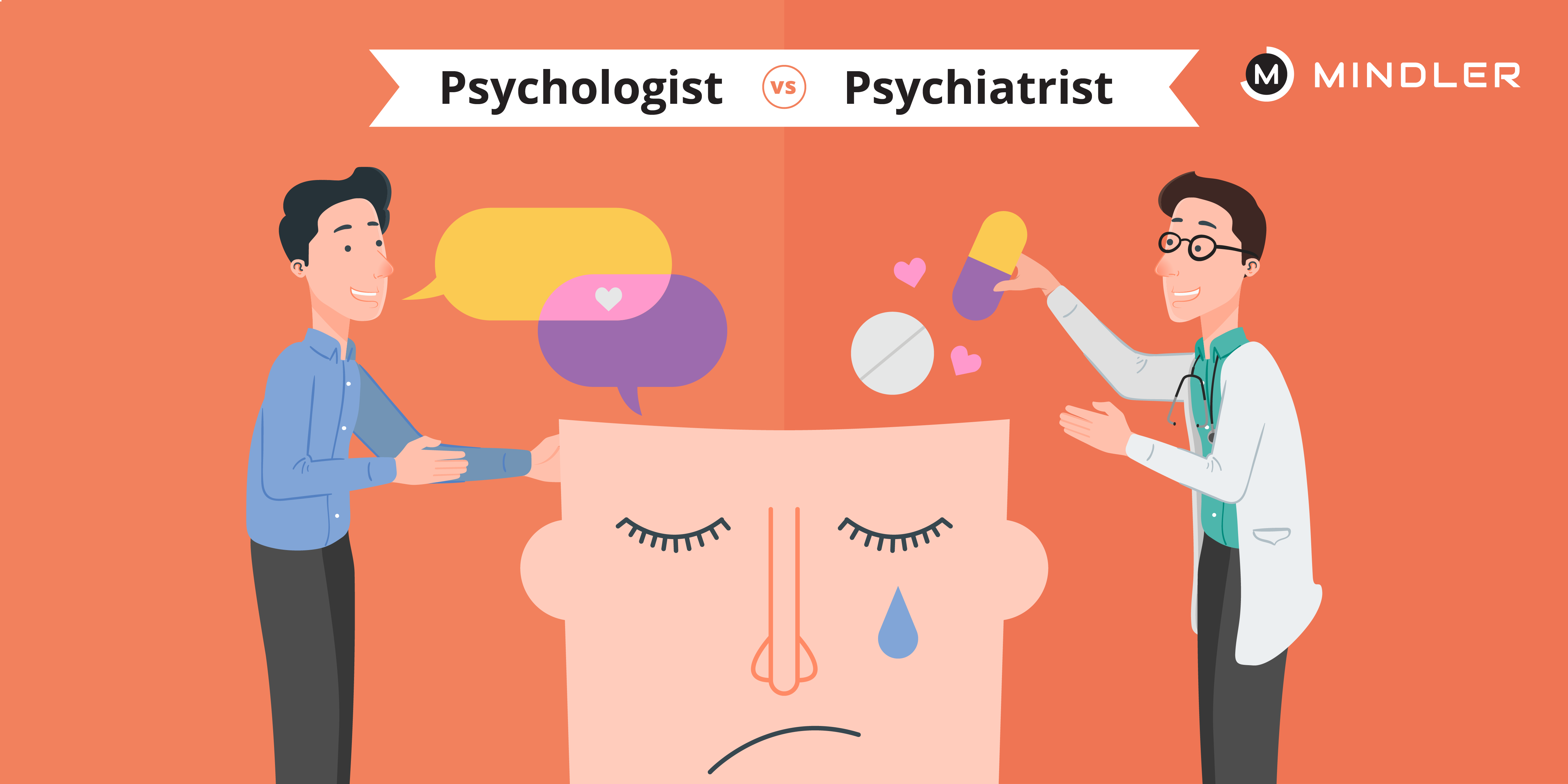Introduction:
The fields of psychology and psychiatry are often interwined, but they represent distinct branches of mental health care. But psychologists and psychiatrists play crucial roles in helping individuals cope with and overcome mental health challenges, yet their approaches, training, and methods differ significantly.

Education and Training:
One of the primary variations lies in the training and education required for each career. Psychologists generally maintain a doctoral degree, both a Ph.D. (physician of Philosophy) or a Psy.D. (health practitioner of Psychology). Their education contains a extensive expertise of human conduct, psychological theories, and research techniques. Psychologists can also specialise in various areas along with medical psychology, counseling psychology, or academic psychology.
Alternatively, psychiatrists are medical doctors (M.D. or D.O.) who have completed medical school. Following medical school, they undergo specialize training in psychiatry during their residency. This medical background enables psychiatrists to understand the physiological aspects of mental health, including the interplay of neurobiology and psychiatric disorders.
Focus and Treatment Approaches:
Psychologists primarily focus on psychotherapy and counseling. They employ various therapeutic techniques to help individuals explore their emotions, thoughts, and behaviors. Psychologists may go with customers on a huge variety of troubles, from handling pressure and tension to addressing greater extreme mental ailments. Moreover, some psychologists interact in research and can contribute to the improvement of mental theories and interventions.
In contrast, psychiatrists often utilize a combination of psychotherapy and medication management in their treatment approach. Due to their medical training, psychiatrists can prescribe medications to address biochemical imbalances that may contribute to mental health conditions. They may collaborate with psychologists or other mental health professionals to provide comprehensive care.
Scope of Practice:
Psychologists are trained to diagnose and treat a variety of mental health conditions through talk therapy and other non-pharmacological interventions. they may work in private practice, schools, hospitals, or community mental health settings. Psychologists frequently play a important function in assisting clients increase coping strategies, improve communication skills, and decorate standard well-being.
On the other hand, psychiatrists, in addition to presenting psychotherapy, specialize in the prescription of psychiatric medications. They regularly work with folks who can also require medicinal drug to control signs of situations such as depression, bipolar sickness, schizophrenia, or tension problems. Psychiatrists may go in hospitals, clinics or personal practice.

Roles of Psychologists and Psychiatrists
The Role of Psychologists:
Psychologists are professionals who specialize in the study of human behavior, emotion, and mental processes. Their primary role is to provide psychotherapy and counseling services to individuals dealing with a wide range of psychological issues. Psychologists use various therapeutic approaches, such as cognitive-behavioral therapy (CBT), psychodynamic therapy, and humanistic therapy, to help clients understand and manage their thoughts, emotions, and behaviors.
Psychologists work with individuals to address issues like anxiety, depression, relationship difficulties, and trauma. They employ evidence-based interventions to facilitate personal growth, enhance mechanisms, and improve overall mental well-being. Psychologists often collaborate with clients to develop tailored treatment plans that align with their unique needs and goals.
The Role of Psychiatrists:
In contrast, psychiatrists are medical medical doctors who specialize inside the prognosis and treatment of mental illnesses. Their role encompasses a broader understanding of the biological and neurological factors that contribute to mental health conditions. Psychiatrists are uniquely qualified to prescribe medications, such as antidepressants, antipsychotics, and mood stabilizers, to address biochemical imbalances in the brain.
Beyond medication management, psychiatrists also provide psychotherapy. While their primary focus is often on pharmacological interventions, the combination of medication and psychotherapy allows psychiatrists to offer comprehensive care. Psychiatrists play a crucial role in treating severe mental illnesses like schizophrenia, bipolar disorder, and major depressive disorder.
Conclusion:
In summary, while psychologists and psychiatrists share the common goal of promoting mental health and well-being, their roles, education, and approaches differ. Psychologists focus on psychotherapy and counseling, drawing from their know-how in psychology, whilst psychiatrists, with a scientific historical past, can prescribe medicinal drug in addition to supplying psychotherapeutic interventions. Collaborative efforts between psychologists and psychiatrists often bring about comprehensive and powerful intellectual health care. Understanding those distinction can empower people to make informed choices approximately looking for the suitable intellectual fitness professional based on their specific wishes and occasions.

